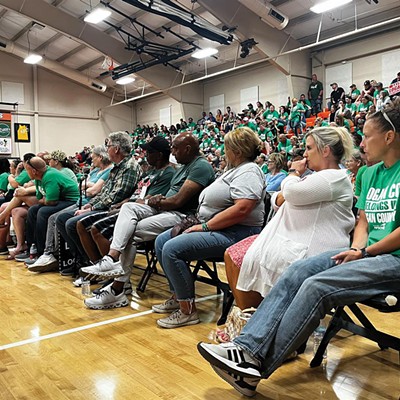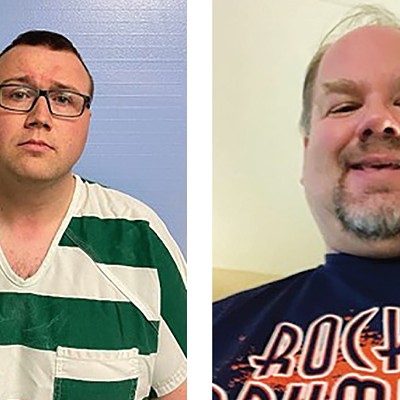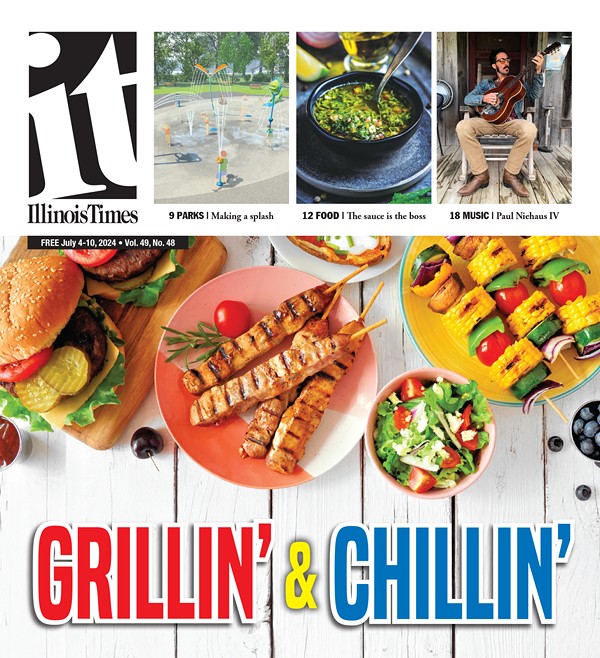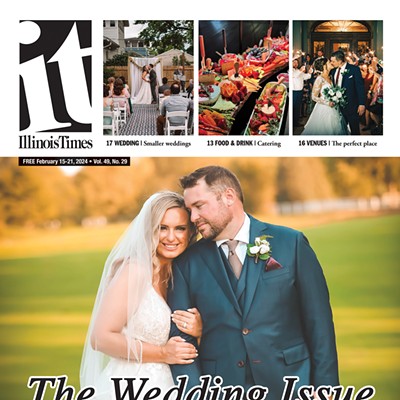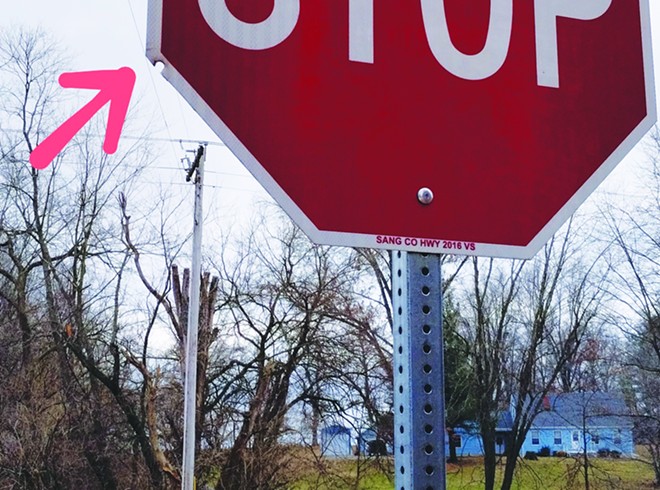
The U.S. Surgeon General has recently identified gun violence in America as a public health crisis. The American Medical Association has long considered the uncontrolled ownership and use of firearms a threat to public health. And yet all political attempts to curb gun injuries and deaths have been met with fierce resistance.
What is missing from the national debate is gun responsibility, that is, the use and storage of firearms in accordance with standards that have been well articulated for the last century at least.
Ideally, all gun owners would follow all recommended use and storage advice. But in reality, many gun owners are more careless with their guns than they are with their garden tools.
For the past year I have been engaging gun owners in conversations about the responsibilities that are a part of firearm ownership. Here is a sampling of the responses: One gun owner keeps them "on my workbench." Another said he has "the same responsibilities as anyone!" Others state the responsibility is "to not use it illegally" or "to follow all applicable laws, nothing more."
Actually, more often my question about firearm responsibility gets a heated, political response. Or crickets.
Here's the problem: Many gun owners are unaware of gun safety protocol, or willfully disregard gun safety rules. This is astonishing, considering that guns are dangerous. To elaborate, guns are designed to kill from a distance. That is their only function. They are not made to be safe; they are made to be dangerous. Owning and handling guns requires training and a commitment to using them responsibly by observing use and storage standards. Police, military personnel and veterans understand this, and tend to be better about gun safety protocol than most. But even among the best-trained firearms users, observation of gun safety is imperfect.
The NRA offers a very basic set of gun safety rules, which includes this guidance:
"ALWAYS keep the gun pointed In a safe direction. Know your target and what is beyond. Be absolutely sure you have identified your target beyond any doubt. Equally important, be aware of the area beyond your target. This means observing your prospective area of fire before you shoot. Never fire in a direction in which there are people or any other potential for mishap. Think first. Shoot second."
There is a stop sign at the end of my country road. Across the road, less than a quarter mile away, is a house. There is a bullet hole in the stop sign that was made from a direction that shows that the bullet was fired from a position that put that house in danger. That is an example of irresponsible gun use, and road signs that have been used for target practice are a common sight in rural areas.
"ALWAYS keep the gun unloaded until ready to use. Store guns so they are not accessible to unauthorized persons."
Of the many people I've spoken to about firearms, I have encountered only three gun owners who store their firearms properly, that is to say, unloaded and locked in a gun safe or a gun cabinet. The most common reason I hear for keeping a gun unsecured is that it is for self-defense, and so it must be ready at hand. This is a part of why there are so many accidental gun deaths of children. Others simply don't lock up their firearms because they don't have children. A gun that is not locked away is easier to steal, and most of the guns used in crimes have been obtained by theft or by buying stolen weapons.
There are several other personal safety suggestions the NRA makes, including an important suggestion about the shooter's personal fitness on a given shooting occasion:
"Never use alcohol, over-the-counter drugs or prescription drugs before or while shooting. Alcohol, as well as any other substance likely to impair normal mental or physical bodily functions, must not be used before or while handling or shooting guns."
All gun owners should adhere to a "no alcohol" rule when they use their firearm, but that's not where we are.
It's time to call upon firearm owners to step up to the plate and take full responsibility for their guns. Know the safety protocols and commit to them. Practice safety in gun use and storage. If gun owners as a whole do not voluntarily practice the responsibility that is a part of owning a lethal weapon, eventually people will see to it that laws are passed that mandate responsible behavior. People are tired of the body count. Doctors are tired of the blood-soaked ERs. Everyone is tired of seeing children sacrificed to the culture of Second Amendment rights without responsibility.
Catherine Wells is a retired mental health counselor, artist and lifelong Illinoisan. Her perspective on firearms is informed by her personal experiences with guns.


